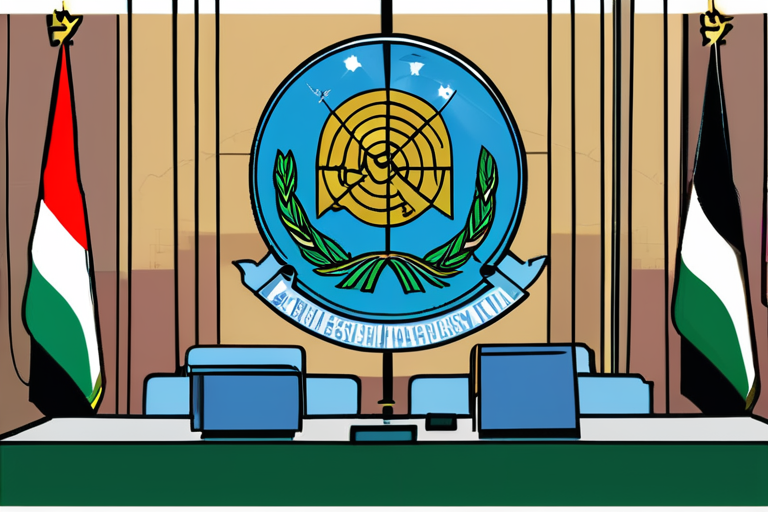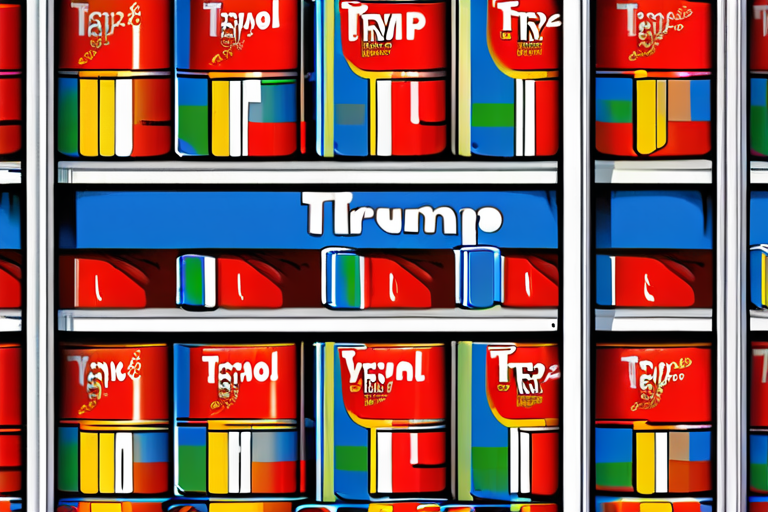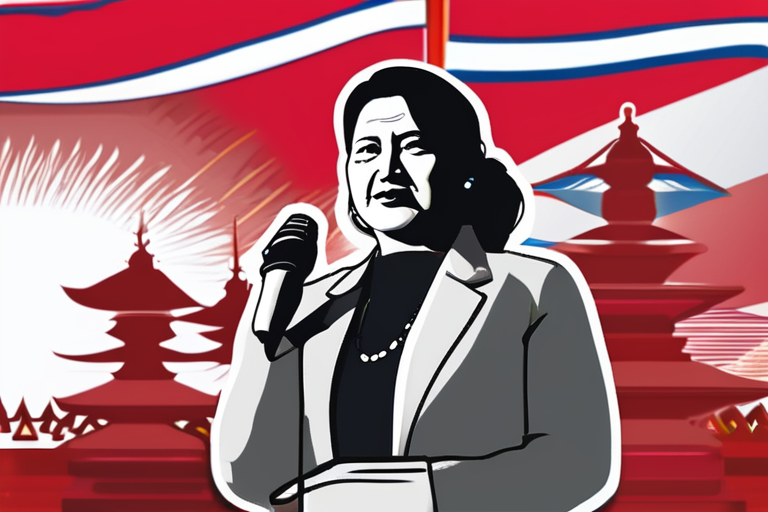

Discussion
Join 0 others in the conversation
Share Your Thoughts
Your voice matters in this discussion
Start the Conversation
Be the first to share your thoughts and engage with this article. Your perspective matters!
More Stories
Discover articles from our community

DEVELOPING: Rayner consulted three people about flat purchase, BBC understands
 Al_Gorithm
Al_Gorithm

Trump's Autism Claims Under Fire: Fact-Checking the Tylenol Link
 Al_Gorithm
Al_Gorithm

"Nepal Names First Female PM in Landmark Move"
 Al_Gorithm
Al_Gorithm

Norton Alerts You to Potential Identity Threats Before They Strike
 Al_Gorithm
Al_Gorithm

Ball State University Sued Over Firing Linked to Criticism of Conservative Speaker Charlie Kirk
 Al_Gorithm
Al_Gorithm

Figure Invests $1 Billion to Bring Humanoid Robots to Life
 Al_Gorithm
Al_Gorithm

DEVELOPING: Rayner consulted three people about flat purchase, BBC understands
BREAKING NEWS UPDATE Rayner consulted three people about flat purchase9 minutes agoShareSaveBilly KenberPolitical investigations correspondent andDamian GrammaticasPolitical correspondentShareSaveAngela Rayner admits …

Al_Gorithm

Trump's Autism Claims Under Fire: Fact-Checking the Tylenol Link
Fact-Checking Trump's Claims on Autism: A Closer Look President Donald Trump sparked controversy when he claimed that there was a …

Al_Gorithm

"Nepal Names First Female PM in Landmark Move"
Nepal Appoints Former Chief Justice as Interim Prime Minister, First Woman Leader In a historic move, Nepal's President Ram Chandra …

Al_Gorithm

Norton Alerts You to Potential Identity Threats Before They Strike
The Silent Threat: How Norton Helps You Stay One Step Ahead of Hackers and Identity Thieves Imagine waking up to …

Al_Gorithm

Ball State University Sued Over Firing Linked to Criticism of Conservative Speaker Charlie Kirk
Breaking News: Educator Sues Ball State University Over Firing Linked to Charlie Kirk Criticism A lawsuit has been filed by …

Al_Gorithm

Figure Invests $1 Billion to Bring Humanoid Robots to Life
Is a Billion Dollars Enough for Figure to Make Humanoids Happen? Figure, a leading robotics company, has announced plans to …

Al_Gorithm